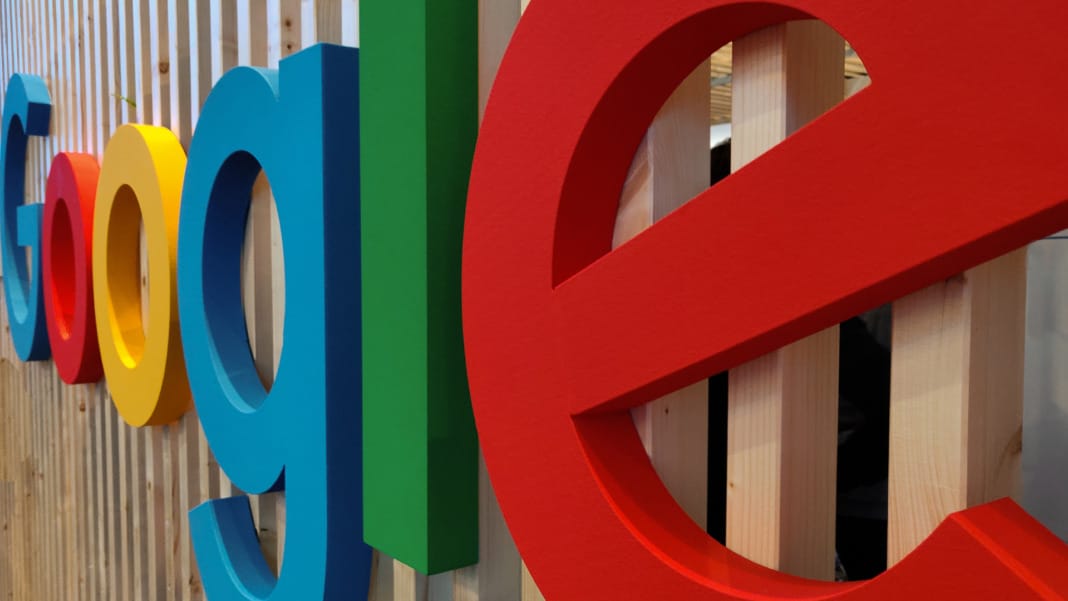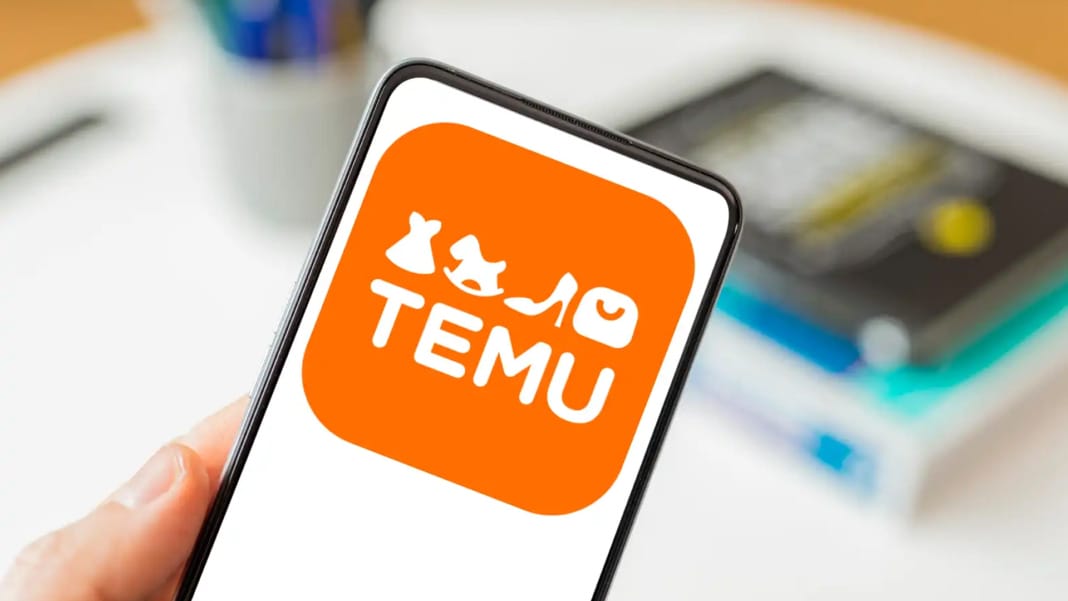Google’s Bard chatbot, initially trailing behind the immense popularity of OpenAI’s ChatGPT, is set to make a significant leap forward. Now empowered by Google’s new Gemini model, Bard is available to English-speaking users in 170 countries, with plans to expand to more languages and regions soon.
Gemini Pro boosts Bard’s capabilities
Bard has transitioned to Gemini Pro, a middle-tier model within the Gemini series. This series also includes Ultra, offering the highest capability but slower processing, and Nano, designed for speedy, on-device tasks. Gemini Pro aims to provide a perfect balance of efficiency and capability.
This upgrade, described by Google’s Sissie Hsiao, who manages Bard and Assistant, marks a substantial enhancement for Bard. Sundar Pichai, Google’s CEO, has noted significant improvements across Bard’s functionalities, including a better understanding of user intent, increased factual accuracy, and improved assistance for coding.
The future of Bard: Enhanced interaction and multimodal capabilities
Bard operates as a standard chatbot, but Google plans to introduce an advanced version, “Bard Advanced,” next year. This version, powered by the more robust Gemini Ultra, will offer multimodal interactions, enabling Bard to process and create text, images, audio, and video.
Demis Hassabis, the head of Google DeepMind, emphasised the inherent multimodal abilities of Gemini. Demonstrations of these capabilities have shown promising applications, such as perfecting paper aeroplane designs with AI feedback on photographs and assisting with children’s homework by analysing images.
A new chapter for Google’s chatbot technology
This update marks a significant advancement for Bard and the beginning of the Gemini era. If Google’s performance benchmarks are accurate, Bard, with the new Gemini model, might match or even surpass the capabilities of ChatGPT, a notable milestone in the field of chatbots.





